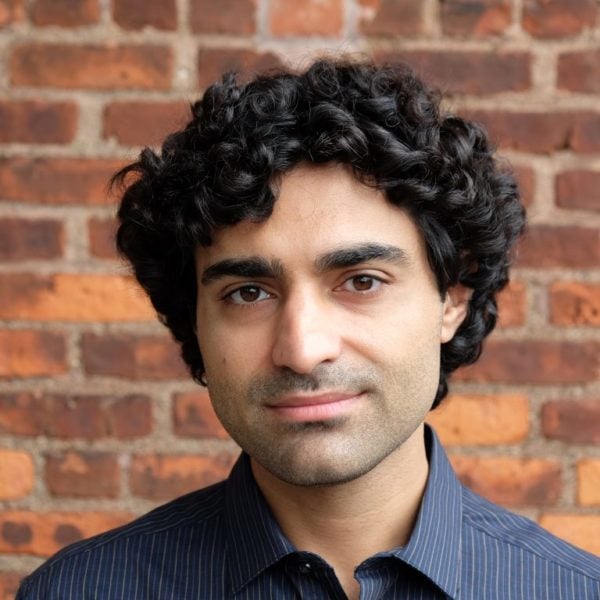Research Interests
Dr. Kalhor’s research seeks to map and engineer cell fate using synthetic biology and genomics approaches. To accomplish this objective, his group develops: (A) molecular technologies that write cellular histories into their genomes, (B) sequencing strategies that read out written information with spatial resolution, and (C) computational methods that reconstruct the underlying biological processes based on recorded information. This work combines genomics, CRISPR and other gene editing technologies, systems biology, and computational modeling approaches. It aims to better understand embryogenesis, neurogenesis, and tumorigenesis. It also aims to establish more effective cell therapies.
Dr. Kalhor received his PhD in Molecular and Computational Biology from USC, where he studied the relationship between genome function and its 3D structure. His postdoctoral training in Genetics and Synthetic Biology at the Harvard Medical School and Wyss Institute focused on storage of digital and biological information in DNA. He joined the BME faculty in 2019 and is a 2020 David and Lucile Packard Fellow for Science and Engineering.
Titles
- Associate Professor, Biomedical Engineering
- Associate Professor, Molecular Biology & Genetics
- Associate Professor, Genetic Medicine
- Associate Professor, Neuroscience
- Joint appointment in Medicine, Division of Molecular Medicine
Affiliated Centers & Institutes
Education
- Postdoctoral Fellowship, Harvard Medical School, 2012-2019
- PhD, Molecular and Computational Biology, University of Southern California, 2012
- BS, Biotechnology, University of Tehran, 2006
Recent Highlights
-
October 15, 2020Reza Kalhor, an assistant professor in the Department of Biomedical Engineering, edits the genetic code to enable cells to record their own growth—a key to unlocking the origins of developmental abnormalities.
-
December 10, 2019In this interview, Kalhor discusses his research on mapping and understanding embryonic development, a memorable “eureka moment,” and career advice for current students.


